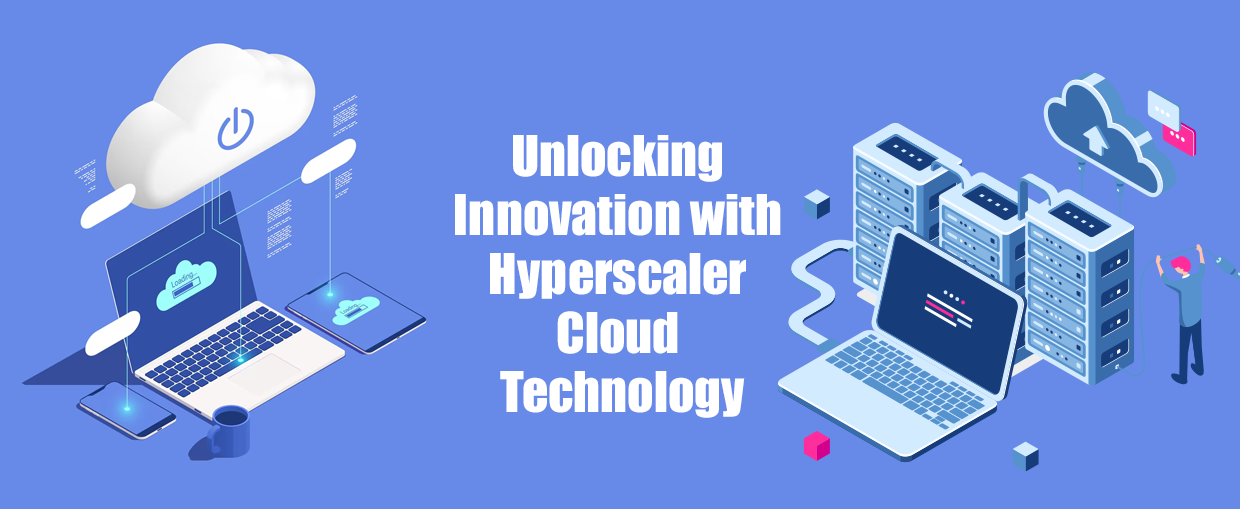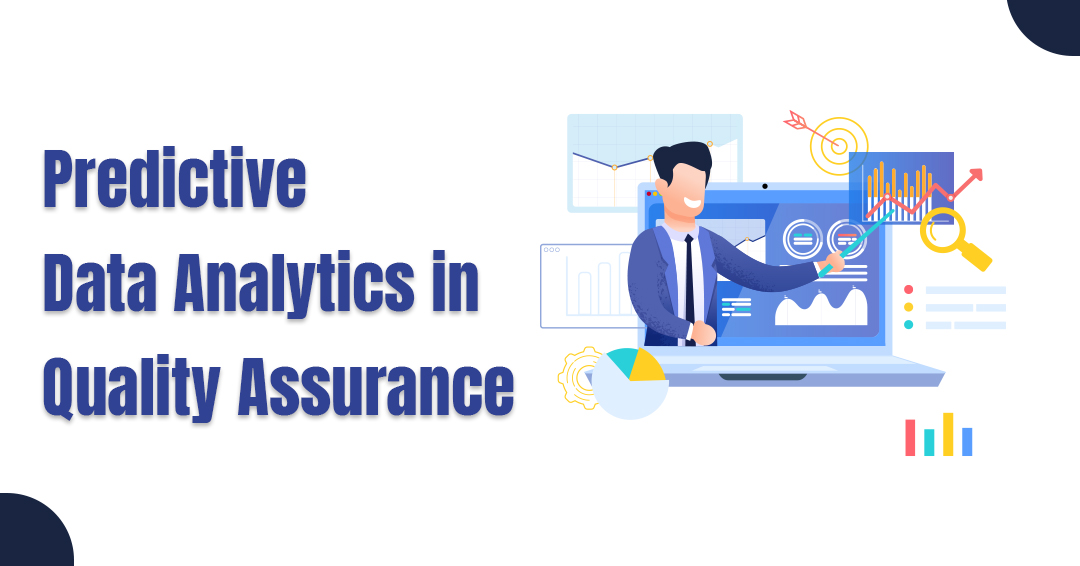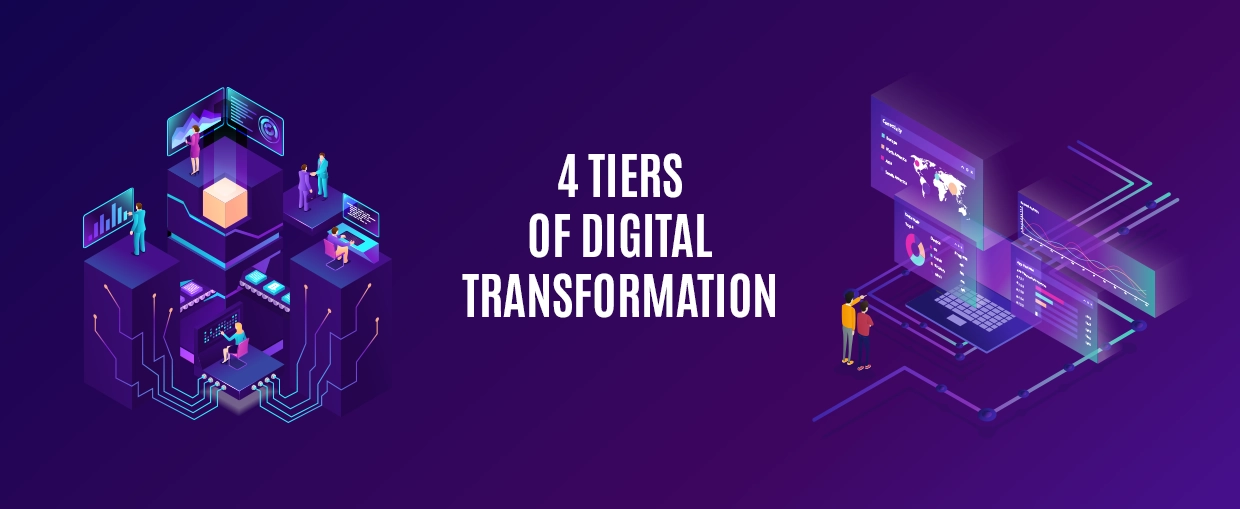Cloud computing is becoming ever more dominant in the digital era. With the growing adoption of cloud technology, the number of cloud service providers has also surged. If you’re considering a transition to cloud-based solutions, you’ll find a vast array of options available to you. Despite the variety of options in the cloud market, hyperscaler clouds still dominate. These providers leverage an expansive network of data centers and offer an extensive range of services. The three leading hyperscale cloud providers are Microsoft Azure, Google Cloud Platform (GCP), and Amazon Web Services (AWS). An expert cloud enablement services company can provide valuable assistance in selecting and implementing the right solution.
While many cloud users choose the largest hyperscaler clouds for convenience, there are numerous other providers that cater to specific needs. Different industries, regions, and markets around the world are well-served by a range of cloud options. But how exactly does a hyperscaler cloud function? What advantages and disadvantages can users anticipate? In this blog post, we’ll delve into these questions to guide you in making an informed choice.
Hyperscaler Clouds Explained
The term ‘hyperscale cloud’ describes environments where the scalability, reliability, and efficiency of cloud computing are optimized to deliver extraordinary benefits. A hyperscaler cloud is a cloud solutions provider that manages a vast network of data centers, delivering extensive services to support large-scale enterprise applications. Dominating the cloud market, these providers are typically major tech giants such as Google, Microsoft, and Amazon. In addition to their cloud infrastructure services, they offer a wide range of other technology solutions.
The drive towards hyperscale cloud environments stems from more than just a need for modernization and regulatory adherence; it is closely tied to the strategic objectives of organizations.
Top 3 Hyperscale Cloud Providers
When it comes to hyperscale cloud providers, the conversation frequently centers around names such as Amazon Web Services (AWS), Microsoft Azure, and Google Cloud Platform (GCP). These companies have positioned themselves as top players in the industry by delivering reliable, high-performing cloud services.
Amazon Web Services(AWS)
Amazon Web Services (AWS) is the leading and most widely used hyperscale cloud provider worldwide. AWS delivers an extensive array of cloud services, including computing power, storage solutions, databases, machine learning, analytics, and beyond. Serving millions of customers—from startups to large enterprises—AWS boasts a vast global infrastructure.
Azure
Microsoft Azure, a premier hyperscale cloud platform from Microsoft, offers an extensive array of cloud services, including virtual machines, app services, AI and machine learning, IoT, and more. Azure seamlessly integrates with Microsoft’s existing enterprise software, making it a favored option for businesses already utilizing Microsoft technologies.
Google Cloud Platform (GCP)
Google Cloud Platform (GCP) is Google’s hyperscale cloud solution, offering services such as cloud computing, storage, big data, machine learning, and networking. Leveraging Google’s expertise in data management and AI/ML technologies, GCP is particularly appealing to developers and businesses looking for advanced analytics and AI capabilities.
Top Benefits of Using Hyperscale Cloud
A hyperscale cloud provides numerous benefits for enterprises aiming to scale, innovate, and stay competitive in a digital-first environment. Let’s explore the advantages of hyperscale cloud computing in detail.
Unmatched scalability: Hyperscaler clouds can scale resources up or down effortlessly to match demand, offering virtually unlimited computing power. This allows businesses to rapidly adjust their applications and services without concerns about hardware limitations.
Cost efficiency: Hyperscale cloud providers typically use a pay-as-you-go pricing model, where organizations are charged only for the resources they actually use. This approach can be more cost-effective than traditional IT infrastructure, which often involves fixed, upfront expenses.
Worldwide distribution: Hyperscale cloud providers have data centers distributed across the globe. This global distribution enables organizations to deploy services and applications closer to their end-users, minimizing latency and enhancing performance worldwide.
High availability: Hyperscale clouds usually provide redundant systems and high availability features, which reduce the risk of downtime and ensure service accessibility even during hardware failures or other disruptions.
Reliable security: Hyperscale cloud providers make substantial investments in various security measures, including encryption, identity and access management, and essential compliance certifications. This comprehensive security approach often provides a higher level of protection for organizations compared to managing their own infrastructure.
Innovation: Hyperscale cloud providers frequently roll out new technologies and services. Organizations using hyperscale clouds can swiftly integrate these innovations without the need for significant upfront investments in hardware or specialized technical skills.
Dynamic resource allocation: Hyperscale cloud platforms facilitate real-time resource adjustments according to current demand. This flexibility helps organizations manage varying workloads effectively without requiring manual adjustments.
Data analytics and ML: Hyperscale clouds offer powerful infrastructure for handling and analyzing vast amounts of data. This capability is especially advantageous for organizations involved in data analytics, machine learning, and other data-heavy tasks.
Strong collaboration: Hyperscale cloud services frequently offer collaboration tools and platforms designed to support remote work, boosting communication and productivity for teams spread across different locations.
Managed services: Hyperscale cloud providers deliver an extensive array of managed services, reducing the need for organizations to oversee and maintain their infrastructure. This enables businesses to allocate more resources toward their core activities.
Embracing hyperscale cloud computing can enhance organizational agility, cost-efficiency, and innovation in today’s fast-paced digital environment.
Common Challenges with Hyperscale Cloud
Despite their benefits, hyperscale clouds present some challenges for organizations:
Complexity
Managing hyperscale clouds can be challenging due to their complexity and the broad array of features and services they offer, which may overwhelm some users. Additionally, the large customer base of hyperscalers can make it difficult for smaller businesses to receive personalized support and timely assistance.
Vendor lock-in
Using a hyperscale cloud provider can lead to vendor lock-in, making it difficult to migrate your applications to another provider if you decide to switch. Moving data in and out of hyperscalers can incur additional costs, especially for businesses with substantial data transfer needs. Hyperscalers like AWS and Azure may impose high egress fees, making it expensive to transition to a different cloud provider. This lock-in can restrict flexibility and hinder organizations from benefiting from innovations and cost savings offered by alternative cloud services.
Unpredictable costs
Hyperscalers’ unpredictable pricing can present difficulties for businesses, as fluctuating costs and hidden fees complicate budgeting and often result in unexpected expenses. To manage financial uncertainties, companies need to closely monitor their usage and negotiate contracts effectively.
How Hyperscalers Are Transforming the Cloud Services Landscape?
Cloud computing empowers organizations to access a diverse array of services, including storage, servers, databases, software, analytics, networking, and intelligence, all via the internet. By migrating to the cloud, businesses can reduce their total annual costs by up to 20%. Hyperscaler cloud services further enhance this value by enabling businesses to innovate, develop, and manage any type of application with ease.
These hyperscaler services provide immense value, especially when creating custom software applications tailored to specific hardware and software requirements of data centers. They offer a ready-made, scalable infrastructure that allows clients to experiment, build, and innovate while maintaining control over costs and operating with agility.
Future of Cloud Computing with Hyperscaler Cloud Solution Providers
In the near future, it’s anticipated that over half of organizations using public cloud services will switch their primary cloud provider, driven by the increasing adoption of multicloud strategies. These multicloud strategies will not only serve as a method to diversify but also facilitate transitions between different cloud providers.
The shift towards hyperscale cloud computing is something which we cannot deny. In a rapidly changing technological landscape, hyperscale clouds are emerging as a powerful force, enabling businesses to enhance efficiency and effectiveness. As companies continue to look for ways to optimize their operations, elevate their services, and stay competitive in the digital age, the adoption of hyperscale cloud computing is expected to rise. With industry giants like AWS, Azure, and Google leading the charge, the future of cloud computing is indeed poised for significant growth and innovation.
Final Thoughts
In today’s fast-paced digital world, leveraging hyperscaler cloud technology is essential for unlocking innovation and driving business success. With the right cloud enablement services, organizations can harness the full potential of these advanced platforms, ensuring seamless scalability, enhanced performance, and cost-efficiency. Partnering with a software development company that offers comprehensive IT consulting services can further streamline this transition, providing the expertise needed to optimize cloud infrastructure and maximize value.
To explore how hyperscale cloud technology can elevate your business, consider reaching out to experienced professionals who can guide your journey. Have any queries? Feel free to contact us!









